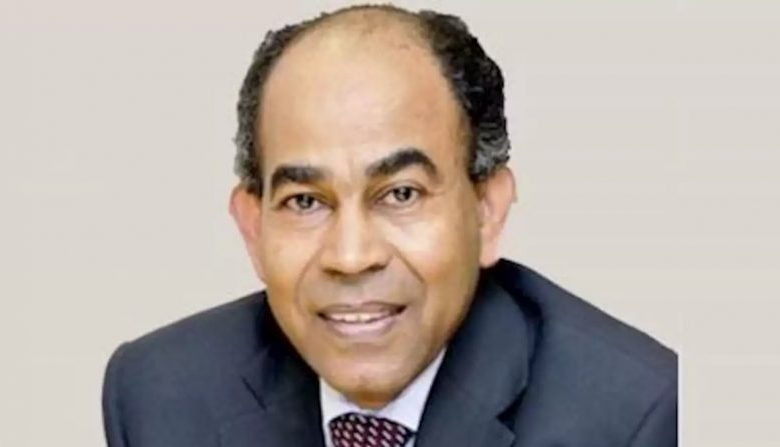What Comes After the Liberation of Khartoum?

By Othman Mirghani
In a week marked by rapid military developments, the Sudanese Armed Forces have completed the liberation of Bahri, except for a few pockets still being cleared. At the same time, they are advancing from multiple fronts to complete the recapture of Khartoum, with an official announcement expected soon regarding its full liberation, including the presidential palace, ministries, strategic facilities, and their security.
What Do These Developments Mean?
From a military standpoint, it cannot be said that the war is completely over—there is still a long way to go. However, the balance of power has shifted entirely in favor of the army, joint forces, and its mobilized supporters. According to military leadership, once Khartoum is fully liberated, the front will move towards the Kordofan region and then Darfur, where the nature of the battles will be entirely different. Unlike urban warfare, these battles are likely to take place in relatively open areas.
What is clear now is that the war has reached a decisive stage, with the army and its allied forces taking the initiative. This has also intensified the parallel psychological and media war. While supporters of the army celebrate victories in liberated areas, its opponents—who have consistently criticized it and downplayed its successes—are spreading claims aimed at confusion. These include assertions that the liberation of Wad Madani, then Bahri, and now Khartoum was all part of an agreement to set the stage for negotiations after the army improved its military position. They also claim that the Rapid Support Forces (RSF) did not collapse but withdrew tactically.
These claims do not align with the realities on the ground. The RSF has experienced chaotic retreats, abandoning weapons and fleeing westward wherever possible. Additionally, the army leadership has explicitly stated its intention to achieve “decisive victory,” ruling out any negotiations at this stage.
Furthermore, claims that the army achieved its victories without real combat, and that the RSF voluntarily withdrew as part of a “deal,” ignore key facts. Army leaders have consistently followed a strategy that Lieutenant General Abdel Fattah al-Burhan described as “digging with a needle”—a long-term approach focused on rebuilding capabilities, gradually depleting RSF strength, and encircling its forces to prevent them from using their usual hit-and-run tactics. With this strategy, the RSF was left with only two options: suicidal combat while encircled or fleeing from a losing battle—which is precisely what happened, leaving behind large amounts of military equipment.
Additionally, reports indicate internal rifts within the RSF, leading to the assassination of some of its commanders who were blamed for recent defeats. Social media has been flooded with videos and recordings of RSF fighters criticizing their leadership for the continuous losses.
What Comes Next After Khartoum’s Liberation?
Beyond military considerations and the expectation that battles will soon shift towards Kordofan and Darfur, another crucial battle will emerge: restoring essential services and rebuilding Khartoum’s devastated infrastructure to facilitate the return of displaced residents. The return of civilians will be a significant moral and psychological victory, following months of displacement and suffering after the RSF occupied residential areas, turning many into military bases and weapons depots.
Of course, this return will come with immense challenges, including the urgent need to restore electricity, water, healthcare, banking, and commercial services. Given that Khartoum and its three cities are among Sudan’s most densely populated areas, the scale of necessary reconstruction is enormous. This process must begin with clearing war debris, deploying police forces to curb security breakdowns, and reopening schools and universities to resume normal education.
In addition, citizens anticipate the return of the government to resume its duties from Khartoum. This step is a top priority—not only for its military, political, and symbolic significance but also because it will serve as a powerful signal for civilians to return to their homes. It would be unreasonable to encourage people to return to the capital while the government itself remains in Port Sudan.
The government’s return would reassure the public and send a clear message to the world that the war’s balance has shifted and, if current momentum continues, its end is approaching. However, the path ahead will not be easy. This war, with its complexities and foreign interventions, has made that clear. Yet, one can say that the most difficult phase may now be behind us. Hopefully, people will learn from this bitter experience and its lessons.



